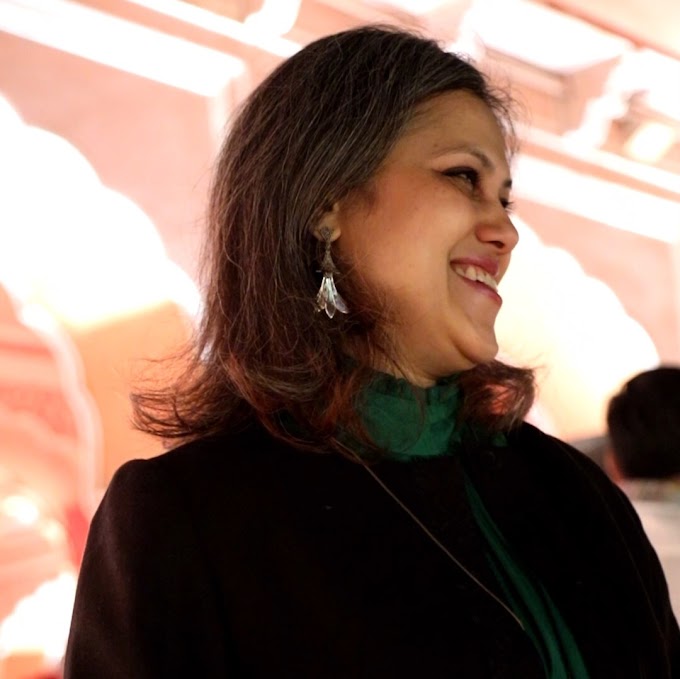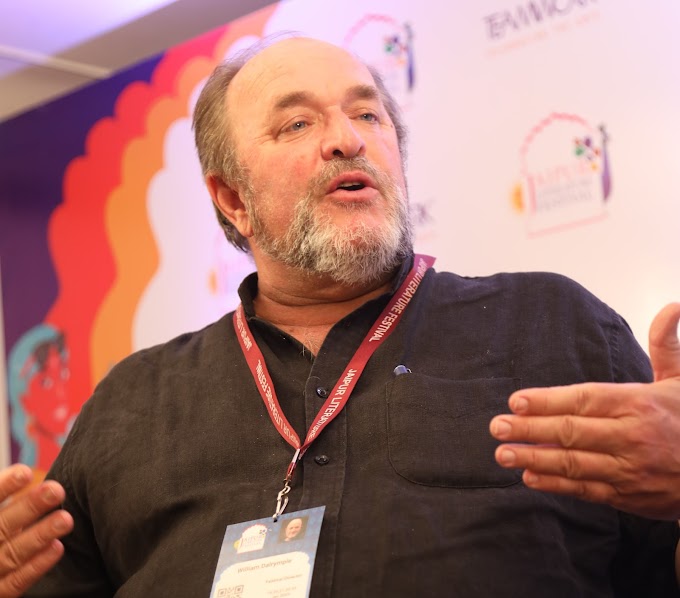In a significant development, India, alongside the United States and several major economies, unveiled an ambitious project known as the India-Middle East-Europe Economic Corridor.
This corridor, announced during the G20 summit, aims to foster economic
development through enhanced connectivity and integration between Asia, the
Arabian Gulf, and Europe. It has captured international attention as a
potential alternative to China's Belt and Road Initiative.
Leaders from the
United States, India, Saudi Arabia, the United Arab Emirates, France, Germany,
Italy, and the European Union joined forces to sign a Memorandum of
Understanding, solidifying their commitment to this ground-breaking initiative.
The project consists of two key corridors: the East Corridor, connecting India
to West Asia and the Middle East, and the Northern Corridor, linking West Asia
or the Middle East to Europe.
A component of
this initiative is the construction of a rail line that will establish a
reliable and cost-effective cross-border ship-to-rail transit network. This
infrastructure will significantly enhance the transhipment of goods and
services between South East Asia, India, West Asia, the Middle East, and
Europe. Moreover, the railway route will facilitate the installation of
essential infrastructure, such as cables for electricity and digital
connectivity, as well as pipelines for clean hydrogen export.
The India-Middle
East-Europe Economic Corridor holds the promise of securing regional supply
chains, expanding trade accessibility, streamlining trade facilitation, and
placing a heightened emphasis on environmental, social, and governance impacts.
Leaders of the participating nations, including Prime Minister Narendra Modi,
US President Joe Biden, European Commission President Ursula von der Leyen, and
others, hailed the launch of this historic initiative.
Prime Minister
Modi emphasized the importance of connectivity and infrastructure in the
development of human civilization. He highlighted India's commitment to
increasing connectivity not only within regional borders but also with nations
worldwide, with a strong emphasis on adhering to international norms and
respecting the sovereignty and territorial integrity of all nations.
President Biden
praised the historic agreement, emphasizing its focus on building sustainable,
resilient infrastructure and creating a better future through high-quality
infrastructure projects and economic corridors. He expressed gratitude to Prime
Minister Modi and Saudi Crown Prince Mohammed bin Salman for their support.
Saudi Crown Prince
Mohammed bin Salman welcomed the integration of the economic corridor, while
European Commission President Ursula von der Leyen lauded it as a historic
milestone that will significantly expedite trade between India, the Arabian Gulf,
and Europe.
French President
Emmanuel Macron highlighted the project's commitment to green initiatives,
including hydrogen production. German Chancellor Olaf Scholz pledged Germany's
support for successful implementation, emphasizing the need for its
contribution.
Italian Prime
Minister Giorgia Meloni recognized the corridor's potential to boost economic
growth and expressed Italy's readiness to play a decisive role in building
bridges between the Mediterranean and Indo-Pacific regions.
.png)



